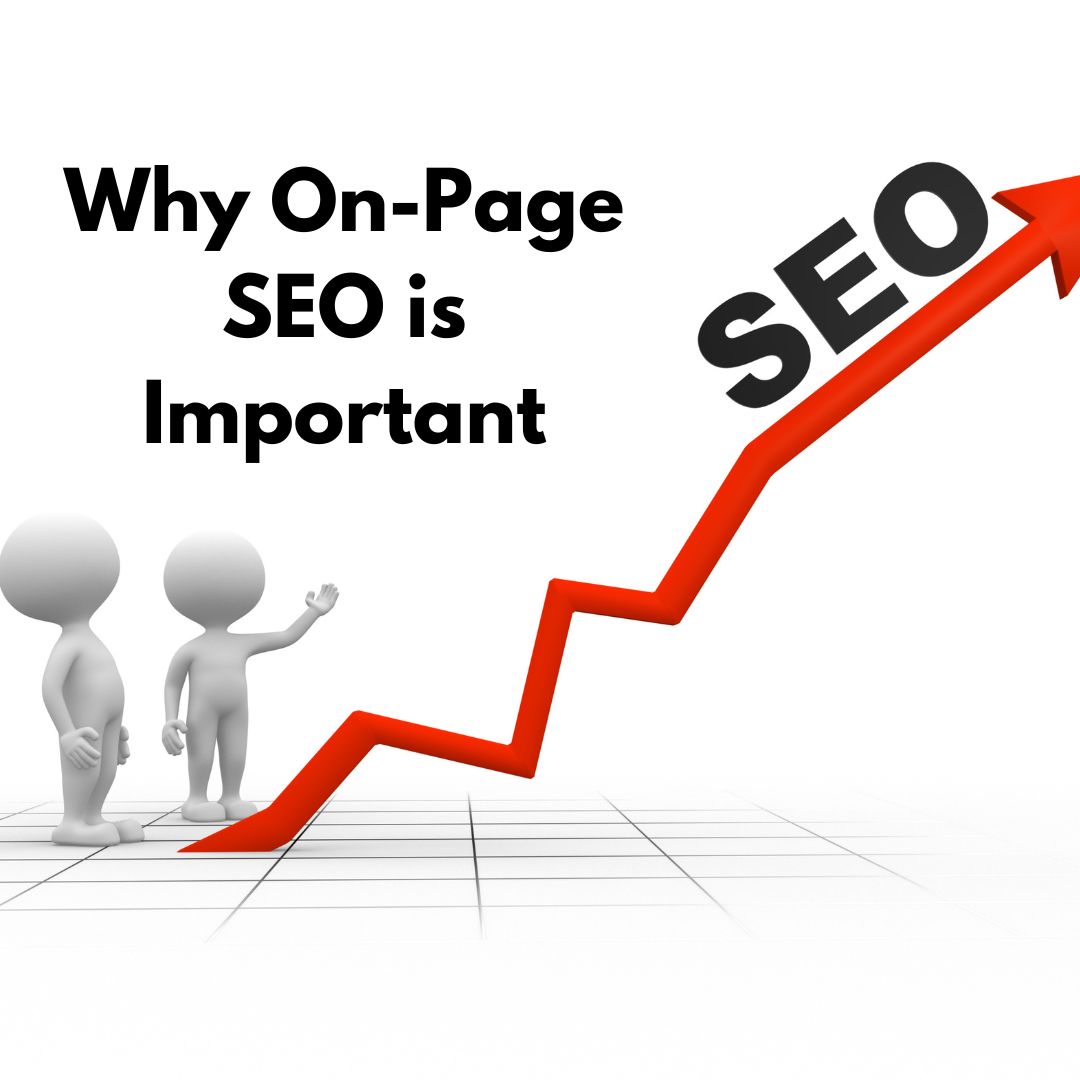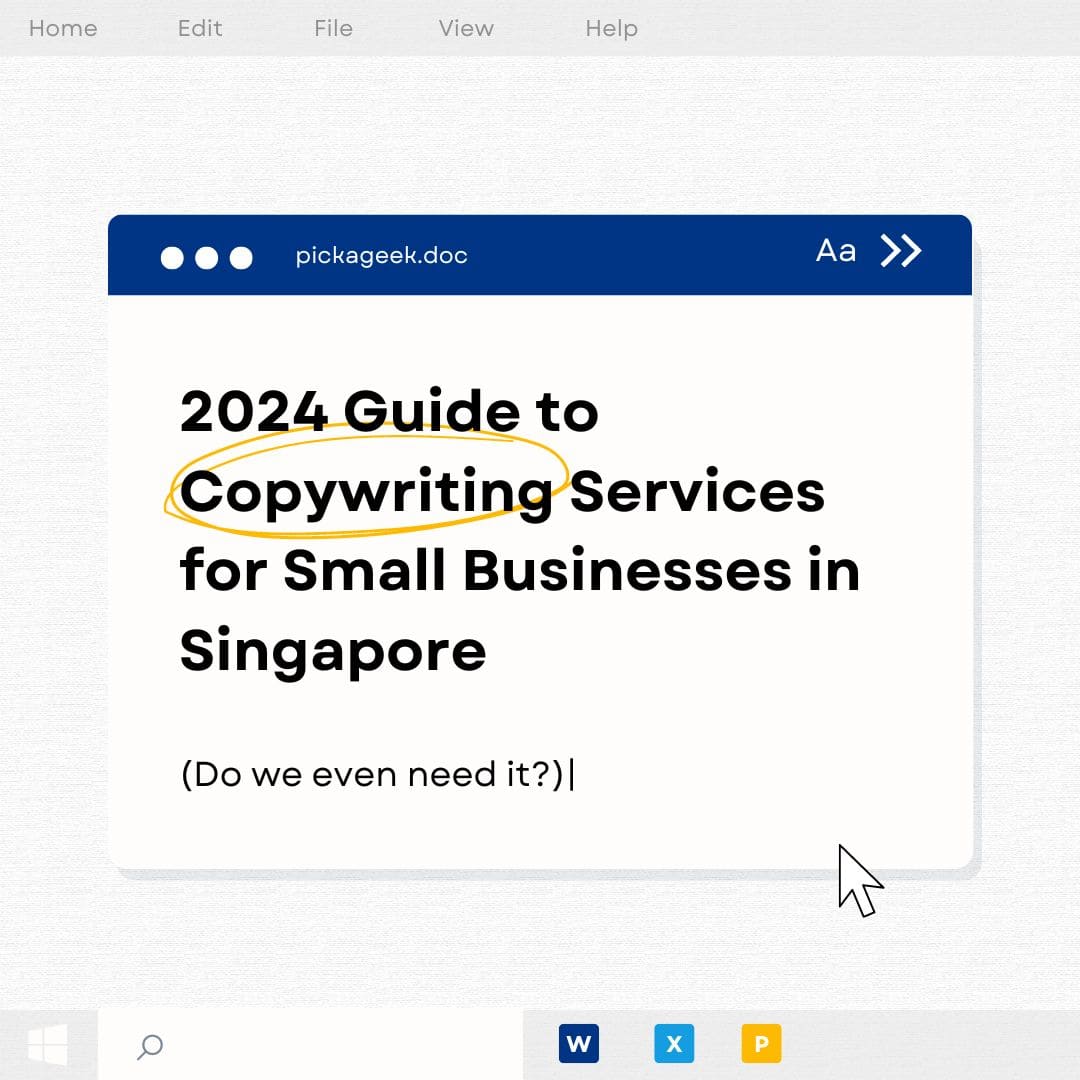What is the Google Sandbox? The term "Google Sandbox" refers to a speculated phase where…

Why On-Page SEO is Important
Why On-Page SEO is Important
On-page SEO is a vital component of modern web marketing and plays a crucial role in determining a website’s visibility and ranking on search engine results pages (SERPs). By focusing on on-page SEO, you can effectively optimise your web pages to earn organic traffic and improve your site’s rankings in the SERPs.
Understanding On-Page SEO
On-page SEO refers to the practice of optimizing elements on your website that are within your control, such as the content, HTML, internal links, and meta tags. This is in contrast to off-page SEO, which deals with external factors like backlinks, social media mentions, and other forms of external promotion.
Importance of On-Page SEO
- Relevance to Search Queries: On page search engine optimisation helps search engines analyse your web pages to determine if they are relevant to a searcher’s query. This is particularly important as search engines like Google and Bing continuously update their algorithms to better understand searcher intent and deliver more accurate results.
- Ranking Factors: Keywords in your content, meta tags, and HTML play a significant role in helping search engines match your pages with relevant search queries. The better your on-page SEO, the higher the likelihood of your content ranking well on search engine results pages.
- Enhancing User Experience: On-page elements like site structure, intuitive navigation, and page loading speed contribute to a better user experience, which is a key factor in SEO performance.
- Complementing Off-Page SEO: Effective on-page search engine optimisation can make your off-page SEO efforts, like acquiring backlinks, more impactful. It lays the foundation for a strong overall SEO strategy.
Key On-Page SEO Elements
- Meta Data: This includes the page’s title tag and meta description, which appear in search results. Optimising meta data with relevant keywords and detailed content helps users and search engines understand what your page offers.
- Content Quality: High-quality, relevant content that matches user intent is crucial. Google emphasises content that is expert, authoritative, and trustworthy (E-A-T). Your content should accurately reflect the targeted keywords while providing valuable information to users.
- Internal Linking: A well-structured website with clear internal linking helps search engines understand your site’s content hierarchy and improves user navigation.
- Headers and HTML Tags: Using header tags (H1, H2, etc.) effectively creates a visual hierarchy, making it easier for both search engines and readers to follow and understand your content.
- Mobile Friendliness: With a significant portion of web traffic coming from mobile devices, having a mobile-friendly website is essential for both user experience and search engine rankings.
- Image Optimisation: Using descriptive filenames and alt text for images helps search engines understand the image content, which can contribute to better visibility in image search results.
- Page Speed and Security: Fast-loading pages and secure websites (using HTTPS) are favoured by search engines and contribute to a better user experience.
Implementing On-Page SEO Strategies
To optimise your website effectively, consider the following steps:
- Research and understand user intent for your target keywords.
- Ensure your website is mobile-friendly and secure.
- Optimise all on-page elements, including meta tags, content, and images.
- Focus on creating high-quality content that aligns with the E-A-T guidelines.
- Use internal linking strategically to improve site navigation and content discovery.
In conclusion, on-page SEO is a powerful tool in your digital marketing arsenal. By focusing on these key elements and continuously adapting to the latest best practices, you can improve your website’s search engine rankings, attract more organic traffic, and achieve better long-term results for your online presence. Want to know more about PickaGeek? Contact us today.



